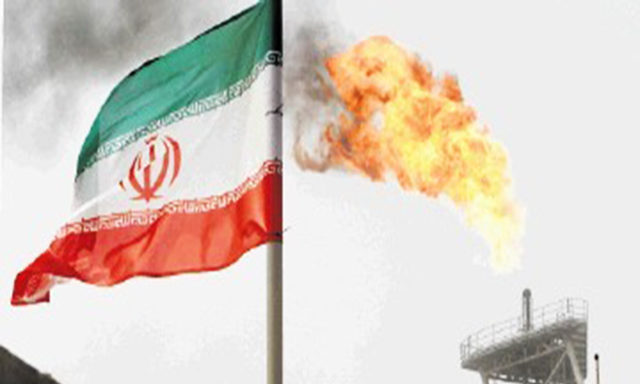
As intense negotiations continue in Vienna with the world’s superpowers (Britain, China, France, Germany, Russia and the US) Iran has still to conclude a deal that ensures absolute transparency on its nuclear plant activities that should prevent it acquiring nuclear weapons.
That result would be good news and the world a safer place as a consequence. In return, sanctions against the free development of Iran’s oil and gas reserves will be removed. How would this impact on the world’s political and economic scene?
With low oil prices now seemingly a fixture for the foreseeable future the prospect a huge increase in oil output from Iran must send a shiver down the spine of countries whose oil industries are already teetering on the brink of collapse.
For example, can the North Sea oil industry withstand any further fall in the price of oil?
It is possible that once output from Iran reaches, or more likely surpasses, its 2011 output of 3.6million barrels of oil per day the price of oil could fall as low as $20 a barrel.
It may take up to a year for that to happen as Iran will need the help of the oil majors to maximise its output.
But at $20 a barrel the North Sea game would appear to be over and decommissioning would be order of the day. Low oil prices would have a positive effect on the economy of the UK as a whole that would help compensate for the decline in the upstream oil sector.
In Aberdeen, the dynamics of the industry would change. There would be huge potential for the supply chain to become involved in decommissioning, the total cost of which is likely to be in the region of £80billion. The Oil and Gas Authority has already positioned itself to help the industry through that phase.
Would the Organisation of Petroleum Exporting Countries (OPEC), of which Iran is a member, allow oil to fall to $20 a barrel?
Everything else being equal the answer is a resounding ‘no’.
But recent actions of Saudi Arabia, the most influential member of OPEC, in its apparent conflict with its US ally over primacy in oil production casts doubt on its desire to keep oil prices at a higher level. Why is that the case? Alas, the other great game being played is the US economic war against Russia.
The country to suffer most from a very low oil price is Russia; its economy could not survive oil at $20 a barrel. If Russia is brought to heel and its ambitions in the Ukraine tempered then normality could return to the oil price setting mechanism.
The big question is will that happen in time to save the North Sea oil industry and the oil industries of a host of other countries such as Nigeria?
Part of any deal between Iran and the superpowers will include an understanding that Iran will not be an onlooker in degrading and removing the firepower of the so called Islamic State (Isis) in Iraq and in Syria.
Indeed Iran itself will be a target in the sights of the Sunni-based Isis with its hatred of Shi’is-based Iran. The US and Saudi Arabia will welcome help from any quarter in its war with Isis. Such collaboration amongst otherwise implacable enemies has been a characteristic of the history of the Middle East.
If there had been no internal and external squabbling amongst Iraq, Iran, Saudi Arabia, Syria and Kuwait then those countries arguably could now be rulers of the world in economic terms. But that is something for historians to ponder over.
Alex Russell is Professor of Petroleum Accounting at Robert Gordon University. Peter Strachan is Professor of Energy Policy at Robert Gordon University.
Recommended for you
